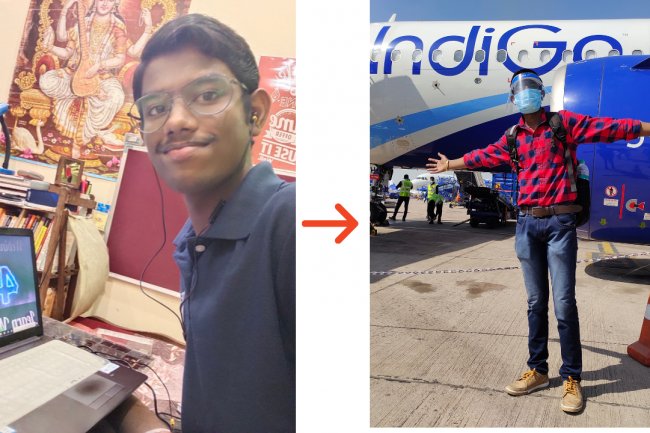Future’s Fire Safety – A Wack up Call for All
By Jenish V Dhaduk; Director FISAFE FIRE HEADQUARTER LIMITED (B.E. Civil, MBA – IIT,FSAI Member & NFPA Member)

As India marches towards urban expansion and infrastructure development, a critical question remains: Are we safe from fire-related disasters? Despite technological advancements and building innovations, fire safety—a foundational element of public safety—remains grossly neglected in both private and public sectors.
According to the National Crime Records Bureau (NCRB), India records over 12,000 deaths annually due to fire accidents. Many of these incidents could have been prevented with basic fire protection systems and regular maintenance. Yet, fire safety often becomes a checkbox item instead of a proactive, sustained commitment. This article aims to raise awareness and stress the urgency of implementing comprehensive fire safety practices in all types of buildings.
Fire safety is not just the duty of firefighters or municipal authorities—it is a collective responsibility. Builders, occupants, facility managers, institutional heads, and local authorities must work together to ensure structures are equipped, compliant, and safe. A small lapse, such as blocked exits, faulty wiring, or expired extinguishers, can lead to devastating consequences.A single fire incident can result in irreversible losses—lives lost, businesses shut down, families destroyed. The economic impact is also enormous. Fire damage leads to expensive repairs, business downtime, insurance claims, legal disputes, and reputational damage. A well-installed fire system, though it may cost a fraction of a building’s budget, offers protection far beyond its price.Beyond the emotional toll of loss of life, fire disasters also disrupt business continuity, damage public trust, and cause long-term financial loss. Investing in fire safety is not just an ethical responsibility—it is an economic imperative. A few lakhs spent on robust fire safety systems can prevent losses worth crores.
Most importantly, India needs a cultural shift. Fire safety should be part of daily conversations—just like road safety or hygiene. Parents should teach children how to call emergency numbers. Offices should include fire safety in orientation. Societies should hold annual drills. Schools should partner with fire departments for awareness programs.A proactive approach is the only way to prevent fire tragedies before they happen.
Incorporating modern fire technology and promoting education can significantly improve the safety landscape. Automated fire detection systems, sprinklers, and real-time alert tools must be installed in all high-footfall buildings. But technology alone is not enough. Public awareness and behavioural training are equally vital. Individuals must know how to use fire extinguishers, participate in evacuation drills, and respond calmly during emergencies. This culture of safety is currently missing across most Indian cities and is nearly absent in rural and semi-urban regions. Bridging this awareness gap, especially through school curricula, housing society initiatives, and workplace safety programs, is essential to building a fire-resilient India.
Fire safety is not a luxury—it is a necessity. As citizens, professionals, and nation-builders, we must take steps to ensure that no life is lost to a preventable fire. Whether at home, school, office, or industry, let fire safety be embedded in our design, our planning, and our behaviour.
Let us not wait for another disaster to wake up. Let us act today—for a Fire Safe India.
What's Your Reaction?




















